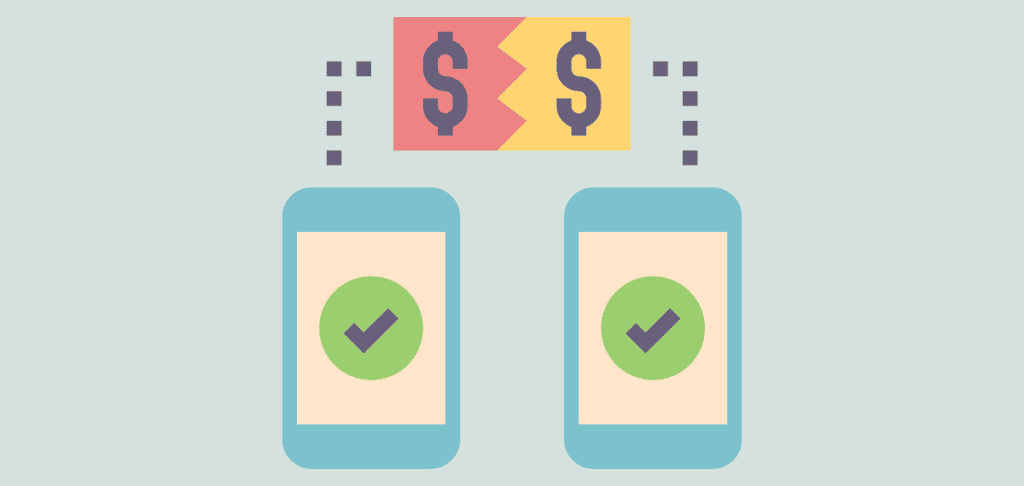Going Dutch describes a situation where each person in a group pays their way rather than relying on one person to foot the bill. But how did the Dutch get involved in our bill-paying etiquette, and is it offensive? I’ll tell you all about it in this short guide and even give you a few examples in a sentence.
Going Dutch Meaning Explained

Going Dutch, or Dutch treat, is the idea that each person in a group of friends pays for their meal or ticket for whatever outing they are on. Basically, it’s another way of saying, “Split the bill!”
Fun fact: You should always capitalize the word Dutch when using this phrase!
Dutch Treat Vs. Going Dutch
Dutch treat and going Dutch are just two sides of the same guilder—or Euro, if you’re keeping up with the times. Both phrases can be used to describe the act of each person paying their share when going out for a meal, movie, or other social gathering. So, no free rides here!
Origin and Etymology Behind Going Dutch

There’s a bit of a sting in the tale here. The term going Dutch came about during the 17th and 18th centuries when England and the Dutch Republic were big-time rivals. The English used Dutch in a slightly derogatory way to describe things they found weird or different. In their practical wisdom, the Dutch had a tradition of splitting the bill, which became known as going Dutch in English.
Is Going Dutch Offensive?
Whether going Dutch is offensive or not really depends on the cultural context and personal beliefs at hand. In some cultures, it’s seen as a fair and modern practice, supporting gender equality and independence. But in others, it can be seen as a lack of chivalry or generosity. Just play it safe and read the room you’re in before making any suggestions about the bill.
Synonyms for Going Dutch
If you want to leave the Dutch out of it, I whipped up a few alternatives:
- Splitting the bill
- Sharing the cost
- Paying your own way
- Each pays their own
- Dividing the expense
Using Going Dutch in Sentence

- On my first date with my now husband, we decided to go Dutch to keep things casual.
- At lunch with my friends, we always go Dutch to keep things fair.
- Going Dutch isn’t typical in my culture, but I’m totally open to the idea.
- Despite being old-fashioned, my dad supports the idea of going Dutch.
- Going Dutch is a common practice among my college friends.
- I didn’t expect him to suggest going Dutch on our anniversary dinner.
- To be fair to everyone, let’s go Dutch on the party expenses.
- The entire concept of going Dutch was lost on my grandparents.
Check, Please!
There’s the scoop on going Dutch. Now you can easily navigate the bill-paying etiquette on your next outing. And remember that a more neutral way to say it is, “Let’s split the bill!” I’ve got oodles of idioms just like this one, so have a look and see what else you can learn!
Check out some others we covered:
